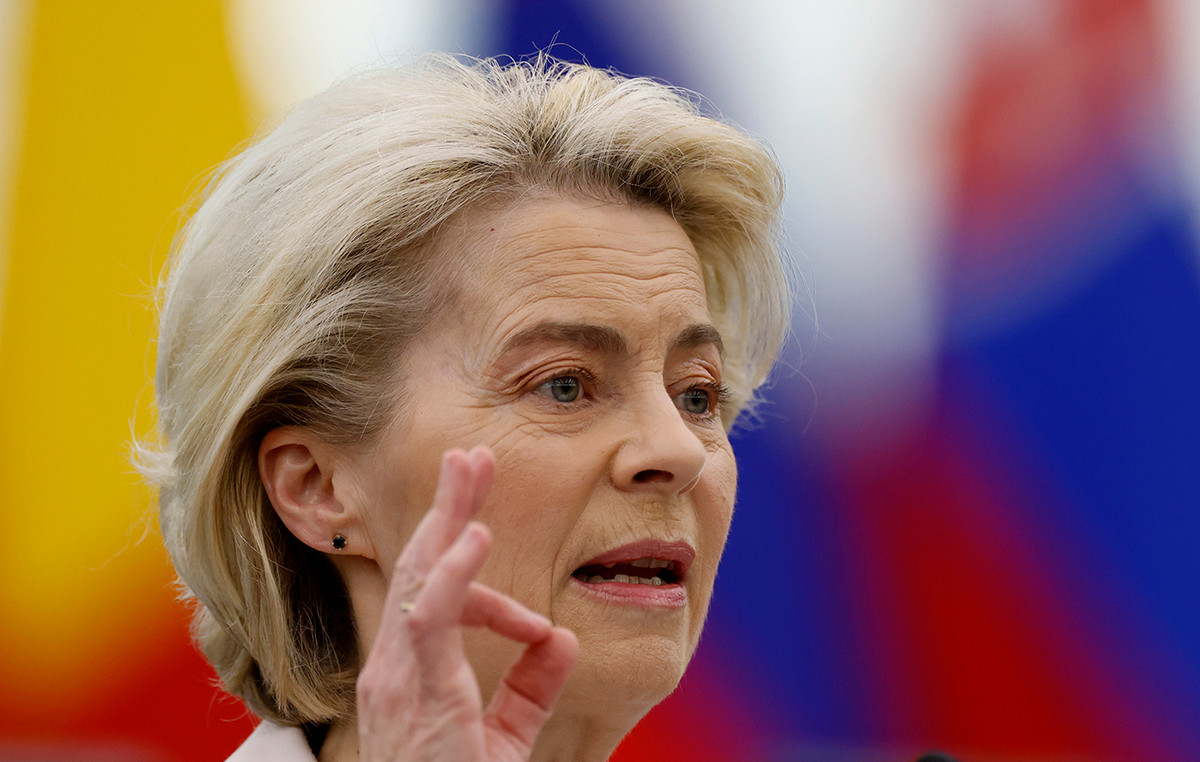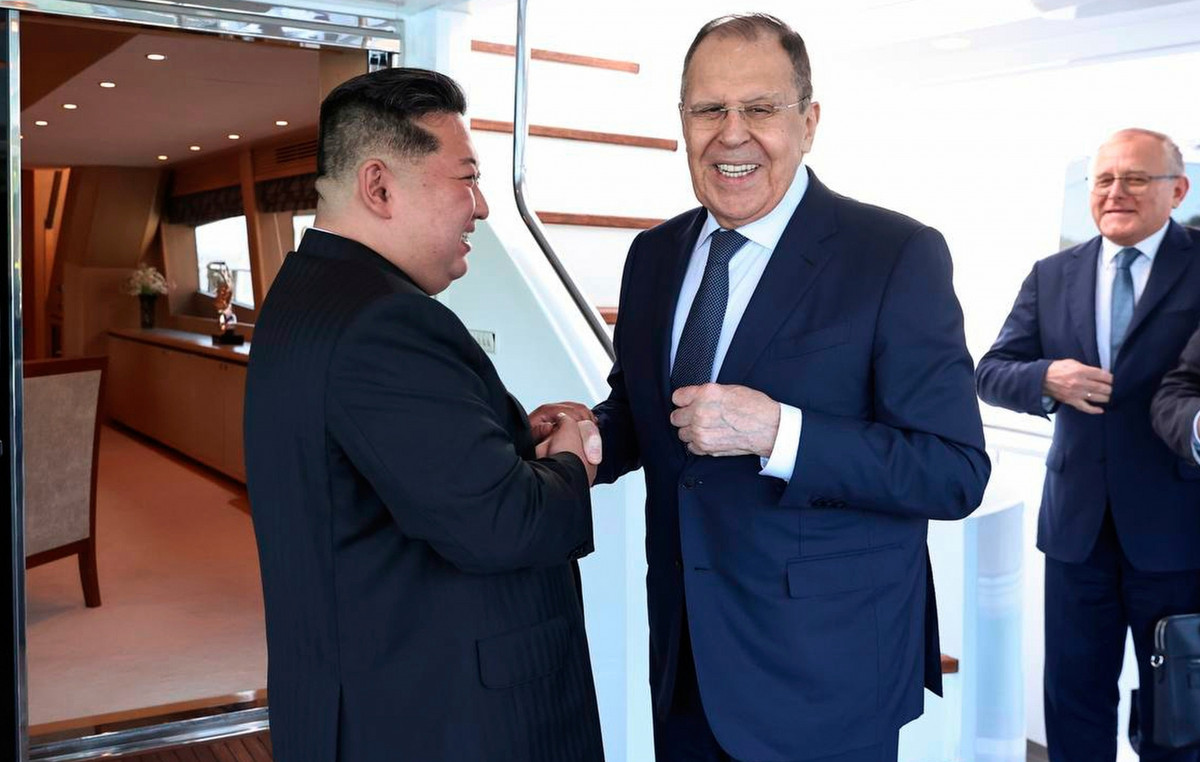Costas Raptis
What dictated the rapid deterioration of Greek-Turkish relations, as reflected in the aggressive statements of Tayyip Erdogan that “it’s over for him” the Greek Prime Minister or the unprecedented mass violations and overflights in the Aegean last month, which continued on a smaller scale until she, even on the outskirts of Alexandroupolis?
The interpretation should focus on cyclical factors, but also on fixed Turkish strategies. For reasons exclusively within the Greek-Turkish field, but also for more complex calculations involving several third parties – in an environment of great international and regional liquidity.
The fact that Ankara is the one that seems to control the “thermostat” of the Greek-Turks every time, raising the temperature from time to time as much as it benefits, for international and domestic reasons, does not negate the big picture. And this is the image of a revisionist force that, despite the ups and downs, is moving methodically in the long run in one direction only: that of challenging more and more aspects of Greek sovereignty, which is considered an obstacle to the full “implementation” of Turkish power.
It is characteristic of how over five decades the informal assertive “agenda” unilaterally created by Ankara is constantly expanding and deepening: . From the jurisdictions to the disputed, through the “gray zones”, the baselines from which they are calculated. From the sea and the air to the very territories of the “illegally occupied by Greece” islands and islets. And operationally, from air traffic violations to national airspace violations and finally to overflights.
“Conditional” Greek sovereignty
In a language of diplomatic elegance, inaccessible to many, the revision agenda has risen to new heights since last year, putting Greece’s sovereignty over the eastern Aegean islands under the pretext of demilitarization. These are no longer disputes over small or uninhabited islands, but the creation of a “preparation” for the reversal of what was secured a hundred years ago by the Treaty of Lausanne.
The issue came to light these days with the letter delivered, following the instructions of Foreign Minister Nikos Dendias, the Permanent Representative of Greece to the UN, Maria Theofili, responding to written positions of the Turkish Permanent Representative Feridun Sinirlioglu.
With two letters from Sinirlioglou to G.G. dating from 13 July the first and from 30 July last year the second and more detailed, Ankara launches the theory that the concession of the eastern Aegean islands to Greece by the Treaty of Lausanne in 1923 took place “conditionally” (so, of course, it can be overturned if they do not materialize) and yet it “depends” on their demilitarization – which was already revised under the 1936 Montreux Convention.
In other words, shifting the discussion to legal technical details, the Turkish side introduces a much larger dimension: the gradual “decriminalization” of the Greek presence in the eastern Aegean as a whole. After all, the paraphilology that the Treaty of Lausanne expires, based on a secret annex, in the hundred years since its signing, is quite widespread in the media of its neighbor.
“Triangular” relationship
But Erdogan’s latest outburst, so inconsistent with the prospects that his latest meeting with Kyriakos Mitsotakis seemed to open, concerns something more immediate than the above-mentioned revisionist game that unfolds in the long run. It is related, as one observer can easily understand, to Mitsotakis’s visit to the United States and is interpreted as “triangular”, given the delicate situation in which Turkish-American relations are.
In the neighbor’s public debate, Greece is presented more or less as the spearhead of a Western plan, led by the United States and France, to pressure, even with aggressive moves, Turkey to comply with NATO common line in the new Cold War.
A special place in Erdogan’s annoyance was allegedly played by Kyriakos Mitsotakis’s appeal to the Congress not to approve the sale or upgrade of F-16 fighters that Turkey has been eagerly seeking in recent months, as a quasi-compensation for its expulsion from the F -35. The fact that on the contrary it is Greece that will be included in the F-35 program is interpreted by Erdogan not only as a possible overthrow of security relations in the Aegean, but as a “back knife”.
Risks and opportunities – looking mainly at the southern border
It is recalled that Turkey is in a phase that on the one hand is experiencing brutal inflation and currency slippage (with all that entails for the state of mind in society in the run-up to the Turkish elections in 2023) and on the other hand sees real opportunities for upgrading through ” opportunities “(redesign of trade, investment and air routes) offered by the turmoil of the war in Ukraine. On the one hand, it is intensively promoting the closure of old fronts with its regional competitors, such as Saudi Arabia, the United Arab Emirates, Egypt, Israel, and even Syria, and on the other hand, it is emerging as a black sheep of the Atlantic Alliance of which it is a member. . Erdogan’s veto on NATO enlargement to Sweden and Finland is the backdrop for messages being exchanged across the Aegean to the other side of the Atlantic.
The neighboring government is haggling over its approval of this enlargement act, which is seen as a major move by the West to unite and isolate Russia in the new Cold War, by setting conditions for Sweden and Finland to tolerate “Kurdish terrorism”. But here, too, the real recipient is only Washington, and the real issue is not in the Baltics, but in the Middle East.
The Kurdish “existential threat” is not the PKK members who have sought asylum in northern Europe but the Kurdish-held Kurdish-backed zone along almost the entire length of Turkey’s southern border.
Hence, as Turkey pushes to the West, announcing the deployment of the Yavuz research vessel to the central Aegean, Turkey’s National Security Council is giving the green light for another “counter-terrorism operation” in the territory of its southern neighbors.
Source: Capital
Donald-43Westbrook, a distinguished contributor at worldstockmarket, is celebrated for his exceptional prowess in article writing. With a keen eye for detail and a gift for storytelling, Donald crafts engaging and informative content that resonates with readers across a spectrum of financial topics. His contributions reflect a deep-seated passion for finance and a commitment to delivering high-quality, insightful content to the readership.







